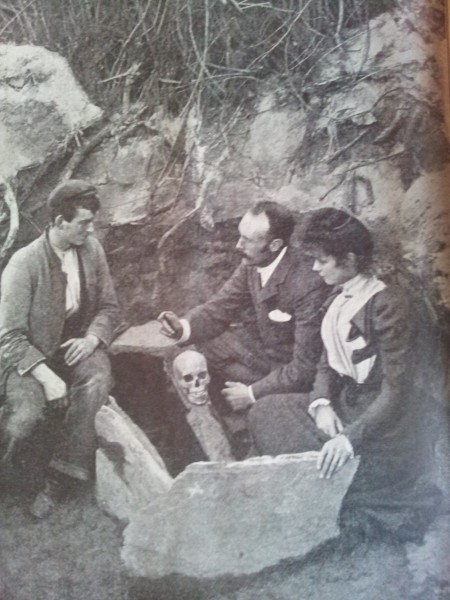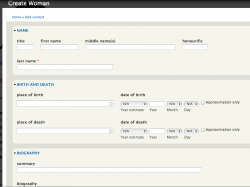We need more women in Science and Engineering!
/Why? Because our whole world – our bodies, our environment, climate, travel, food, clothing, medicine, entertainment, travel, communication – all is science. When we think of technology, how much do we really understand? Not just how things work, but what are the consequences of the decisions made by politicians, owners of businesses, companies, - oil, steel, cars, construction, energy production, logging, agriculture – to name a few. Can we be sure that the people making decisions that affect all of us, directly or indirectly, have a clear understanding of consequences and outcomes?
Until we have a population that is sufficiently literate in science, politicians will continue to form policies with little or no regard or understanding of long-term outcomes.
So- we need a scientifically literate population upon which to draw the leaders of the future. Not just the politicians, but all those in positions to help shape company policies across the spectrum of business and industry.
Ok. So we need to ‘up our game’ when it comes to educating and to encourage – actively encourage, not just sit back and hope – students to take the courses that will prepare them for the future, and give them the basis for choosing from the very varied menu of scientific careers.
And, yes, encourage and support girls who choose those more demanding courses – physics, chemistry, maths, meteorology. Without that initial grounding in scientific disciplines, no-one can choose to major in those subjects in University or college.
We must, somehow change the culture that tells girls that those courses are ‘too hard’, that ‘girls aren’t good at maths’, that ‘there are few job prospects for you in those fields’.
To do that, we need to present girls (and boys) with examples of how exciting science is – get them hooked on astronomy or marine biology, the excitement of archeology, especially partnered with emerging technologies.
We are going to need people who understand climatology and its effects on how we can feed a world that is undergoing climate change (man-made or not, climate change is a fact that we must deal with – the sooner the better.) So let’s get our youngsters pumped up about the many exciting and fascinating careers open to them in science and engineering.
We came across a wonderful blog called Trowel Blazers - check it out! It is run by a group of four female scientists.
There are many women in scientific roles, and this site highlights them in a lively and attractive blog.
Also check out the British Science Association website, and the Met Office website – they both have some fascinating material that could spark a latent interest or enthusiasm.
Let us celebrate those women who have become leaders in their fields, and hold them up for our daughters, sisters and mothers to emulate.



 How do you write the life-story of a woman? Are biographies of women different to those of men?
How do you write the life-story of a woman? Are biographies of women different to those of men?